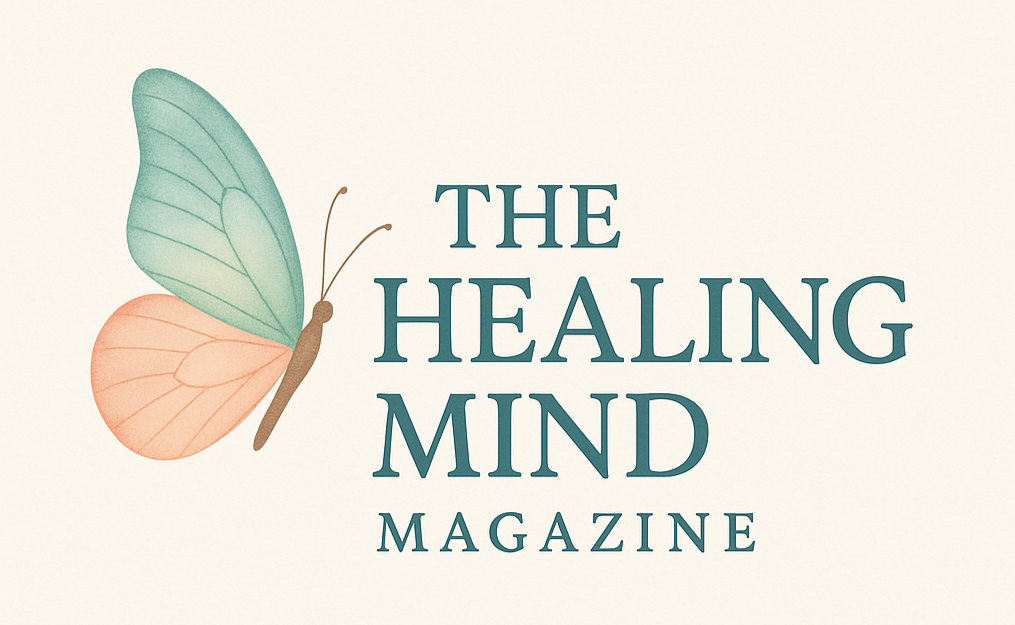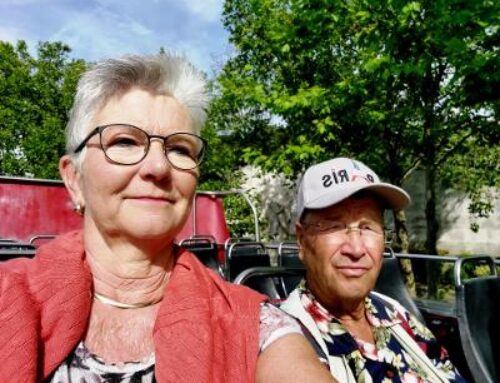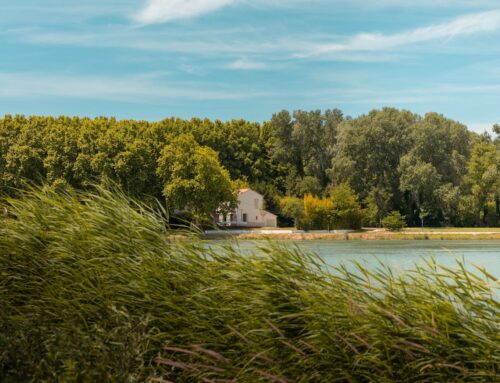Rethinking Aging
Rethinking Aging: Society’s Shifting Perspective on Growing Older
In today’s rapidly changing world, societies across the globe are beginning to challenge traditional notions of aging. As medical advancements, improved living conditions, and evolving cultural attitudes reshape our understanding of the human lifespan, a growing movement is emerging—one that celebrates the potential and contributions of older individuals. This article explores the concept of society rethinking aging and highlights the transformative implications it holds for individuals and communities.
Shifting Paradigms
Historically, aging was often associated with decline, frailty, and dependency. However, modern society is challenging these negative stereotypes and embracing a more positive and inclusive view of aging. By recognizing the diverse talents, experiences, and wisdom that come with age, societies are beginning to acknowledge that older individuals have much to offer, both personally and professionally.
Active and Engaged Aging
One aspect of society’s rethinking of aging is the promotion of active and engaged lifestyles for older adults. People are living longer and healthier lives, and as a result, they are seeking opportunities to remain active, continue learning, and contribute to their communities. This shift has led to the emergence of senior centers, lifelong learning programs, and intergenerational initiatives that foster social connections and provide outlets for personal growth and development.
Economic Contributions
Another important aspect of rethinking aging is recognizing the economic potential of older individuals. Traditionally, retirement meant the end of one’s productive years. However, with longer lifespans and a desire to stay engaged, many older adults are choosing to remain in the workforce or start new ventures. This trend not only contributes to the economy but also challenges ageism in the workplace, promoting a more inclusive and diverse workforce.
Intergenerational Relationships
The rethinking of aging also involves nurturing intergenerational relationships. By fostering interactions between different age groups, societies can benefit from the wisdom and experience of older individuals while providing opportunities for younger generations to learn and grow. Intergenerational programs, such as mentoring initiatives and shared community projects, create a sense of unity and understanding, breaking down stereotypes and promoting empathy across generations.
Healthcare and Aging
Advancements in healthcare and medical technology have played a significant role in reshaping our understanding of aging. With improved access to healthcare and a greater focus on preventive measures, older adults can maintain their well-being and lead fulfilling lives. Society’s rethinking of aging includes advocating for age-friendly healthcare systems, addressing the specific needs of older individuals, and promoting healthy aging through education and awareness.
Policy and Infrastructure
Rethinking aging also encompasses policy changes and the creation of age-friendly infrastructures. Governments and communities are increasingly recognizing the importance of adapting to the needs of older citizens, such as accessible public transportation, housing options that cater to different stages of life, and inclusive public spaces. By building age-friendly communities, societies can empower older adults to live independently, actively participate, and contribute to the social fabric of their neighborhoods.
Society’s rethinking of aging marks a significant shift in how we perceive and value older individuals. By embracing the potential and contributions of older adults, we can create a more inclusive, age-friendly world that benefits individuals, communities, and society as a whole. As we continue to evolve our understanding of aging, it is crucial to challenge ageism, promote active and engaged lifestyles, nurture intergenerational relationships, and develop policies and infrastructure that support the diverse needs of older citizens. By doing so, we can unlock the untapped potential of aging and build a society that values and empowers individuals of all ages.

Lilly Botto -Writer -” House & Garden” Category







